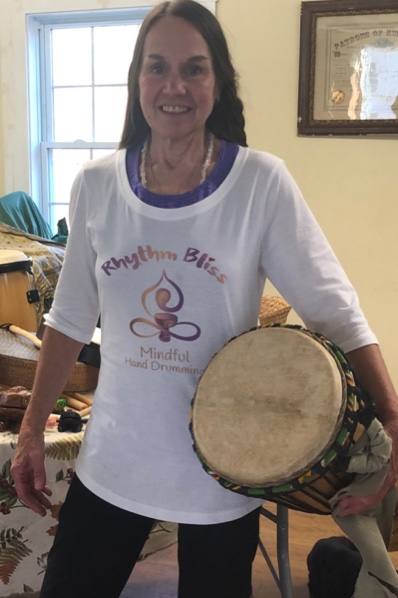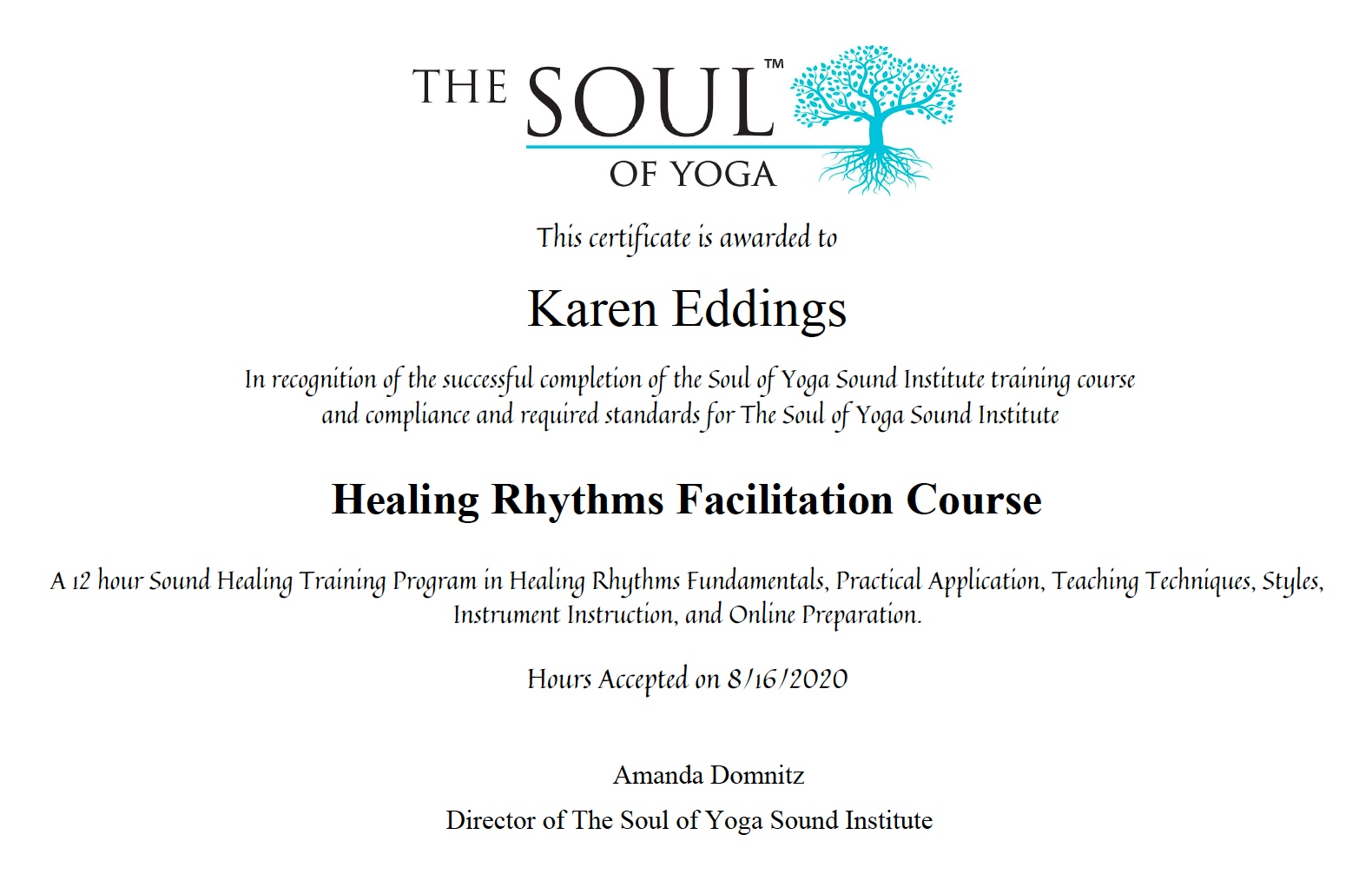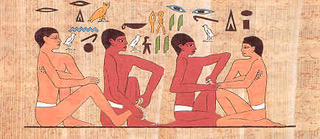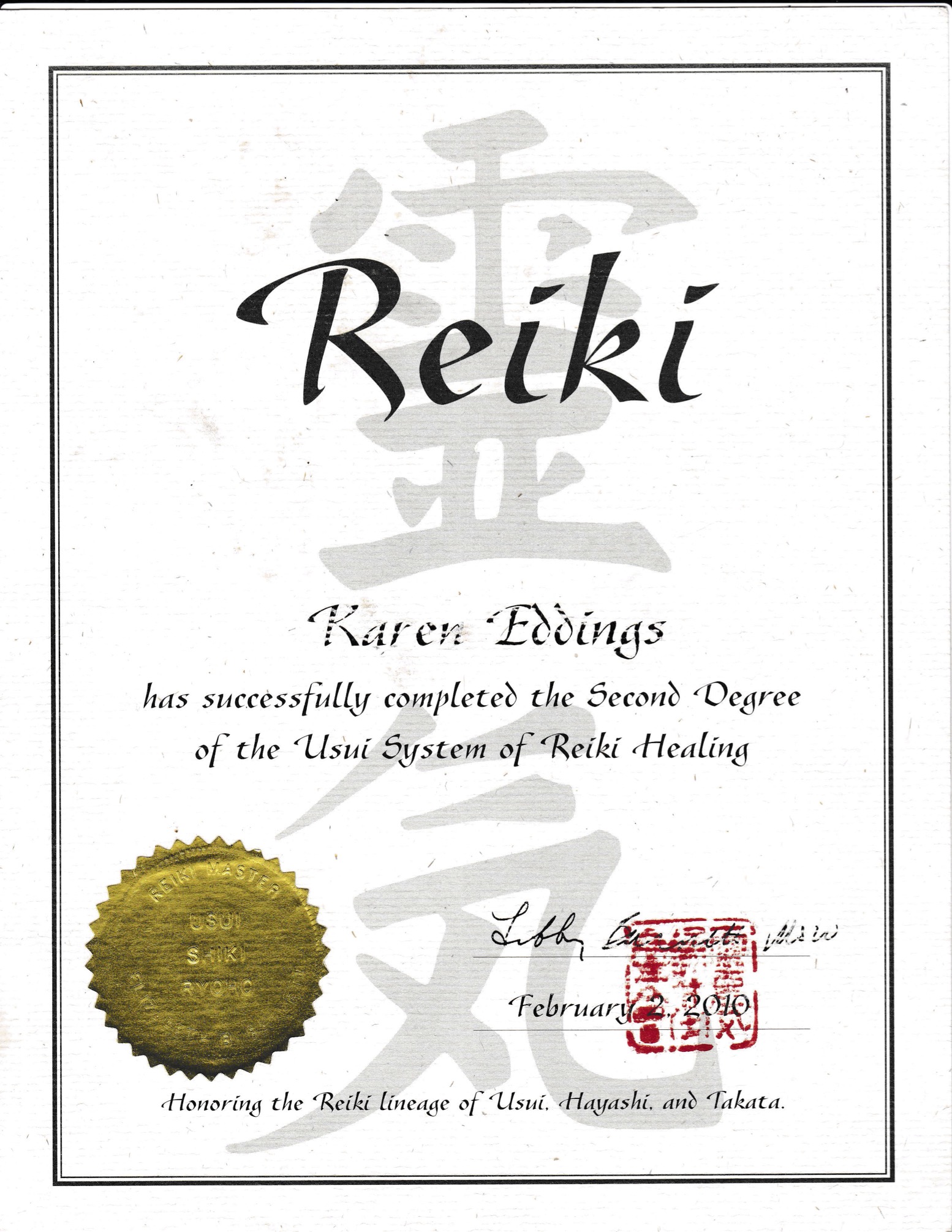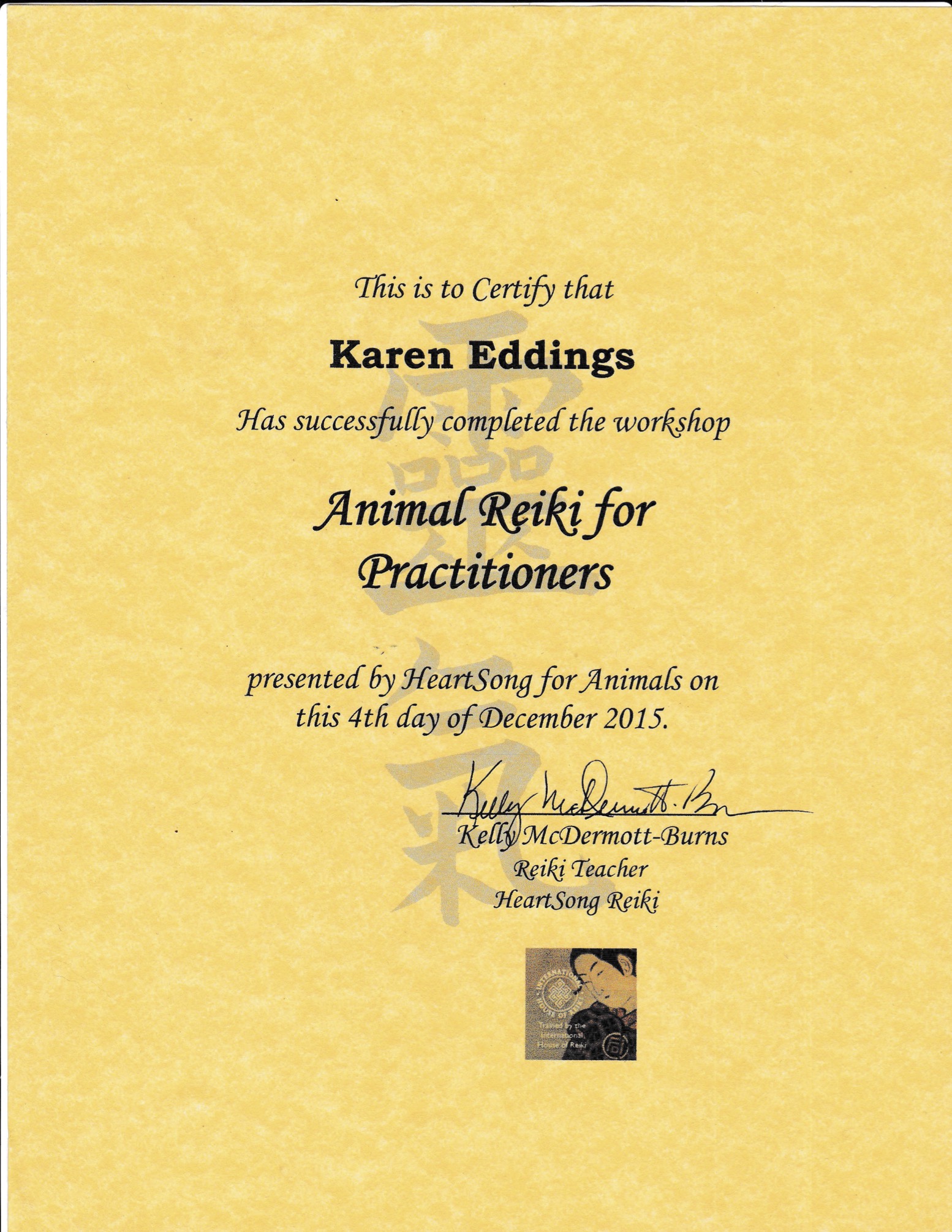Make Music Medicine
Frederick Tims, principal investigator for the Music Making and Wellness Research Project and professor and chair of Music Therapy at Michigan State University says, "We feel strongly that abundant health benefits can be achieved by older adults who learn to make music in a supportive, socially enjoyable setting. Adults can benefit significantly when they learn to make their own music.” In MuSICA, Dr. Norman M. Weinberger, Center for the Neurobiology of Learning & Memory, University of California at Irvine, is quick to point out that it is "never too late" for music. He goes on to say, "It is an established fact that the adult brain is perfectly capable of learning and remembering music throughout their life span."
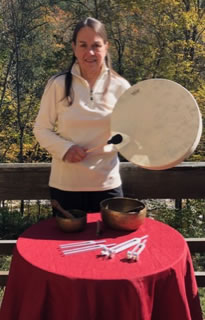
music still in you"
—Wayne Dyer
In 1994 Remo Belli, Founder and President of REMO, Inc. wrote, "By a wide margin, the fastest-growing segment of the population consists of people over 50 and most of them generally speaking, are not looking to become skilled performers but rather, they're looking for a creative and rewarding social experience - a chance to bond with others, an opportunity for self-expression or to relax, or do something 'healthy' for themselves."
Active music-making and its role in wellness is receiving much attention around the country. So why all the interest? People are seeking more than the absence of disease to be well. They also want reduced illness risk, managed stress, better energy, daily enjoyment, personal development, satisfying relationships, and feelings of belonging. Active music-making provides opportunities to help achieve wellness in these ways.
A three-year research undertaking called the Music Making and Wellness Research Project found that anxiety, depression and loneliness scores decreased in a group of older adults taking wellness-enhanced keyboard lessons. Though this research was complex, it is based on two very practical components that are readily available to virtually everyone in daily life, making music and doing simple music based wellness exercises. So why is this combination successful? Active music-making can powerfully influence people's thoughts and feelings, and it differs from passive music listening in several ways. Music-making expands mental abilities that are essential to good mental function, while music listening allows minds to wander. Active music-making can help provide relief from daily stressors by directing focus and awareness of the whole person. Music-based wellness exercises can provide practical ways to learn to manage stress. All of this can contributes to feeling better both emotionally and physically and can lead to motivation to continue involvement. Though passive music listening provides some diversion from stressors, it cannot afford the success and the self-esteem that can come from actually making music. This success leads to positive self-regard and optimal self-care that are essential to well-being.
Today, science is just beginning to prove what has been known since ancient times, that music can contribute greatly to life quality. The benefits of making music are remarkable, and the 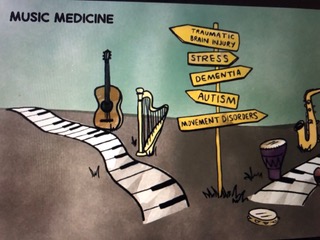 opportunities to use it to contribute to health and wellness are available to everyone.
opportunities to use it to contribute to health and wellness are available to everyone.
Making music may prove to be one of the best ways to keep yourself happy and healthy. Recent studies indicate that playing music directly produces several positive effects, which can be beneficial in staving off disease, treating (or thwarting) depression, loneliness, and anxiety, slowing the progression of Alzheimer’s Disease, and even decelerating the aging process itself.
Like exercise, exposure to music can influence the activity of the hippocampus by increasing BDNF production. Music affects levels of the hormones cortisol, testosterone and estrogen, and researchers have suggested that music facilitates neurogenesis, the regeneration, and repair of the nerves, by adjusting the secretion of steroid hormones, ultimately leading to neuroplasticity.
As for which type of music is best for regeneration, this remains to be seen, although differences have been noted depending on musical style. Natural sounds, for instance, may enhance cognitive functioning and concentration while classical music is good for relaxation and self-selected music induces the most joy.
Modern science is demonstrating what Indigenous cultures practiced and knew; that sound is an essential tool for cultivating emotional release, relationship building, healing, and spirituality.



